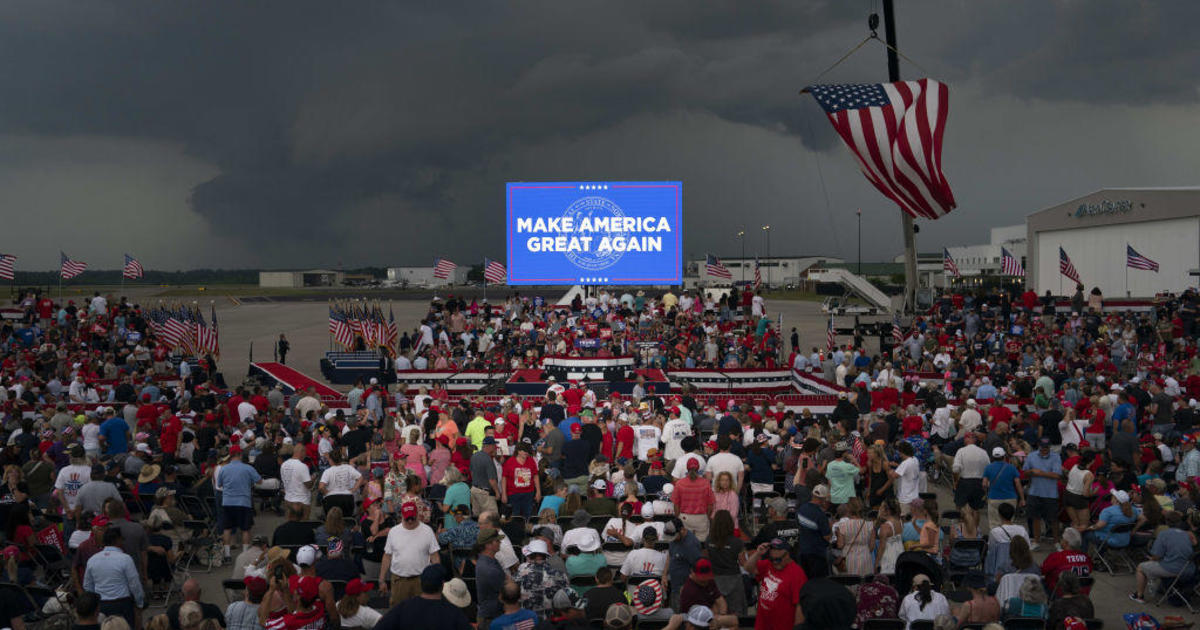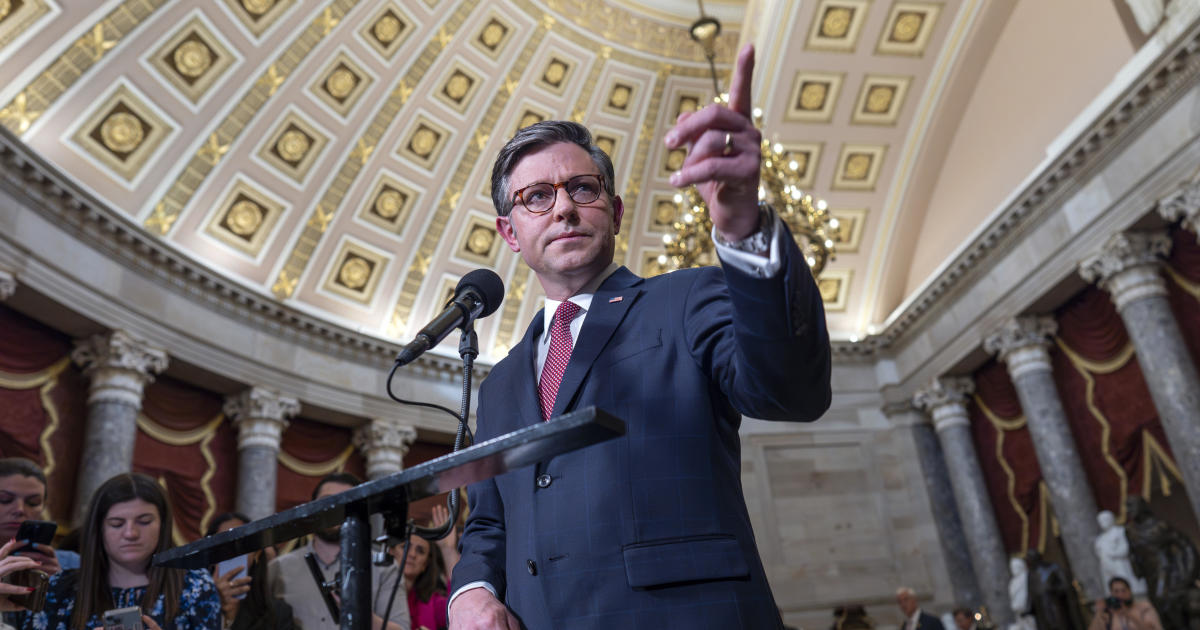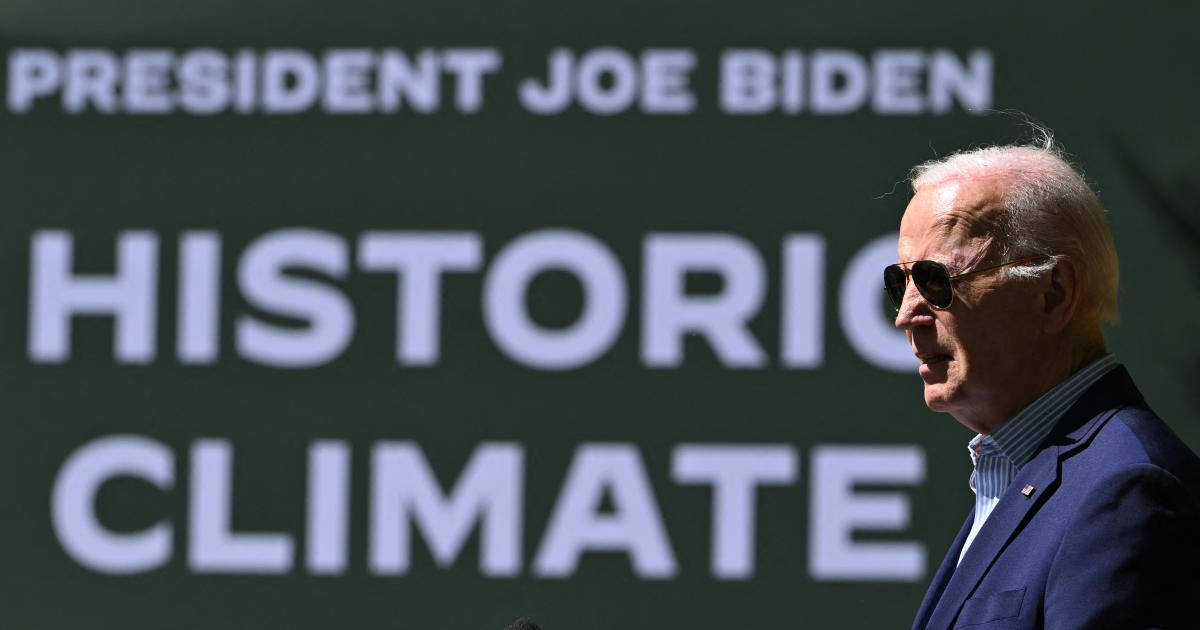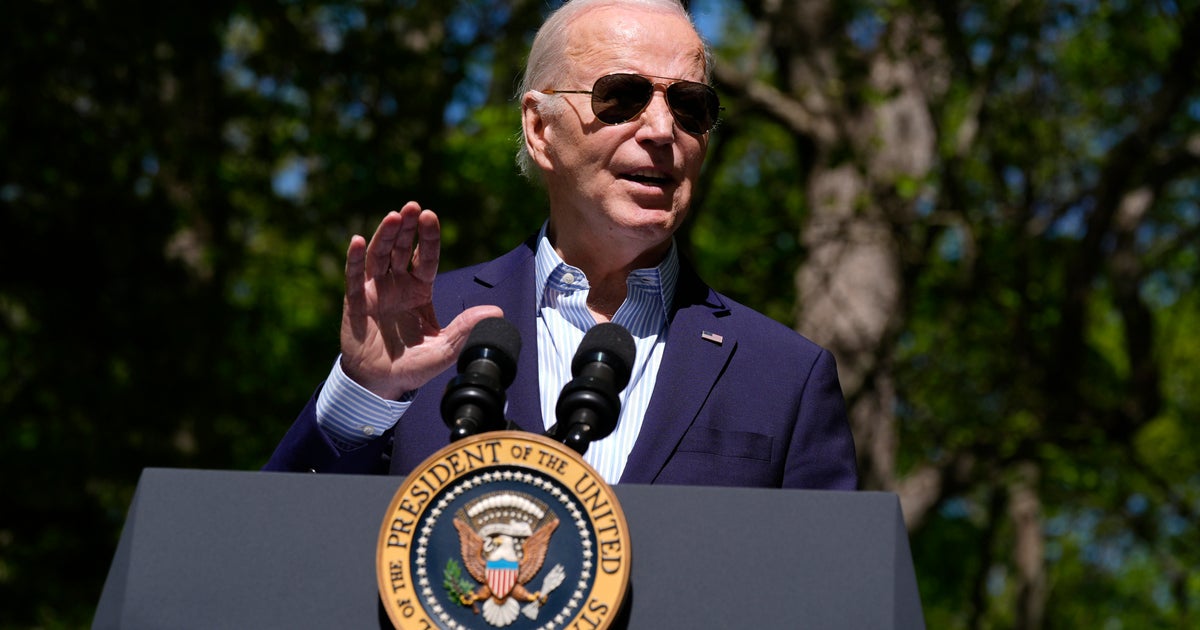Trump ultimatum triggers risky GOP health care vote
WASHINGTON -- In a gamble with monumental political stakes, Republicans set course for a climactic House vote on their health care overhaul after President Donald Trump claimed he was finished negotiating with GOP holdouts and determined to pursue the rest of his agenda, win or lose.
House Speaker Paul Ryan set the showdown for Friday, following a nighttime Capitol meeting at which top White House officials told GOP lawmakers that Mr. Trump had decided the time for talk was over.
“We have been promising the American people that we will repeal and replace this broken law because it’s collapsing and it’s failing families. And tomorrow we’re proceeding,” Ryan tersely told reporters after scheduling what loomed as the most momentous vote to date for Mr. Trump and for the Wisconsin Republican’s own speakership.
In an embarrassing and stinging setback hours earlier, leaders abruptly postponed the vote because a rebellion by conservatives and moderates would have doomed the measure. They’d hoped for a roll call Thursday, which marked the seventh anniversary of President Barack Obama’s enactment of his landmark health care statute that Republicans have vowed ever since to annul.
Rep. Andy Biggs (R-AZ) is the latest to announce he intends to vote against the GOP health care bill, bringing the number of House Republicans in that camp to 35. Only 22 no votes are needed for the measure to be rejected in that chamber.
There was no evidence that leaders had nailed down sufficient support to prevail, nor that their decision to charge ahead was a feint and that they’d delay again if necessary. But they seemed to be calculating that at crunch time, enough dissidents would decide against sabotaging the bill, Mr. Trump’s young presidency and the House GOP leadership’s ability to set the agenda, with a single, crushing defeat.
“The president has said he wants the vote tomorrow,” White House budget chief Mick Mulvaney told the lawmakers, according to Rep. Chris Collins, R-N.Y., a Trump ally. “If for any reason it goes down, we’re just going to move forward with additional parts of his agenda. This is our moment in time.”
Even if they prevail, Republicans face an uphill climb in the Senate, where conservatives and moderates are also threatening to sink it.
The GOP bill eliminates the Obama statute’s unpopular fines on those who do not obtain coverage and the often generous subsidies for those who purchase insurance.
Instead, consumers would face a 30 percent premium penalty if they let coverage lapse. Republican tax credits would be based on age, not income. The bill would also end Obama’s Medicaid expansion and trim future federal financing for the federal-state program and let states impose work requirements on some of its 70 million beneficiaries.
The House Rules Committee will meet Friday morning to discuss the health care bill. An amendment to the bill has been filed with the panel by Ryan. According to CBS News’ Catherine Reynolds, the four-page amendment includes:
- Transferring control to states to define Essential Health Benefits, which would give states the ability starting in 2018 to determine EHBs for individuals purchasing insurance with a tax credit
- Dedicate an additional $15 billion to the Patient and State Stability Fund (PSSF) to provide resources for services included in the EHBs, including maternity, mental health, and substance abuse care
- Delay the repeal of the Medicare Tax Increase for six years, until January 1, 2023; those resources would pay for the increased funds to the PSSF
The hard-right House Freedom Caucus met Thursday night, but didn’t announce how they would vote Friday. Rep Justin Amash (R-MI) said as he left the meeting that he thought the majority of the Freedom Caucus would oppose the bill and it will fail on Friday.
Rep. Mark Meadows, R-N.C., head of the House Freedom Caucus, said he remained a “no” but didn’t answer when asked whether the group still had enough votes to kill the legislation. He’d long said caucus opposition alone would defeat it without changes.
One member of that group, Rep. Paul Gosar, R-Ariz., responded indirectly when asked if his opposition had changed.
“Everybody asked us to take a moment and reflect. Well, we’ll reflect,” he said.
Other foes said they’d not flipped. These included moderate Reps. Charlie Dent of Pennsylvania, Dan Donovan of New York and Leonard Lance of New Jersey, plus conservative Walter Jones of North Carolina, who had his own words of warning.
“He’s there for three-and-a-half more years,” Jones said of Mr. Trump. “He better be careful. He’s got a lot of issues coming.”
The Congressional Budget Office also released a new score for the bill Thursday. It’s unlikely to change any minds, given that the manager’s amendment earlier this week had a minimal impact on the score. The numbers of uninsured remained unchanged (there are still expected to be 24 million more people uninsured under the AHCA, than under the ACA in 2026), but the revised measure would be a little worse for deficit reduction, cutting $151 billion, instead of the $337 billion in the original bill. The higher costs are a result of the repeal of some of the Obamacare taxes, other changes to the tax code and to Medicaid per capita allotments.
Obama’s law increased coverage through subsidized private insurance for people who don’t have access to workplace plans, and a state option to expand Medicaid for low-income residents. More than 20 million people gained coverage since the law was passed in 2010.
Many who purchase individual health insurance and make too much to qualify for the law’s tax credits have seen their premiums jump and their choices diminished.



